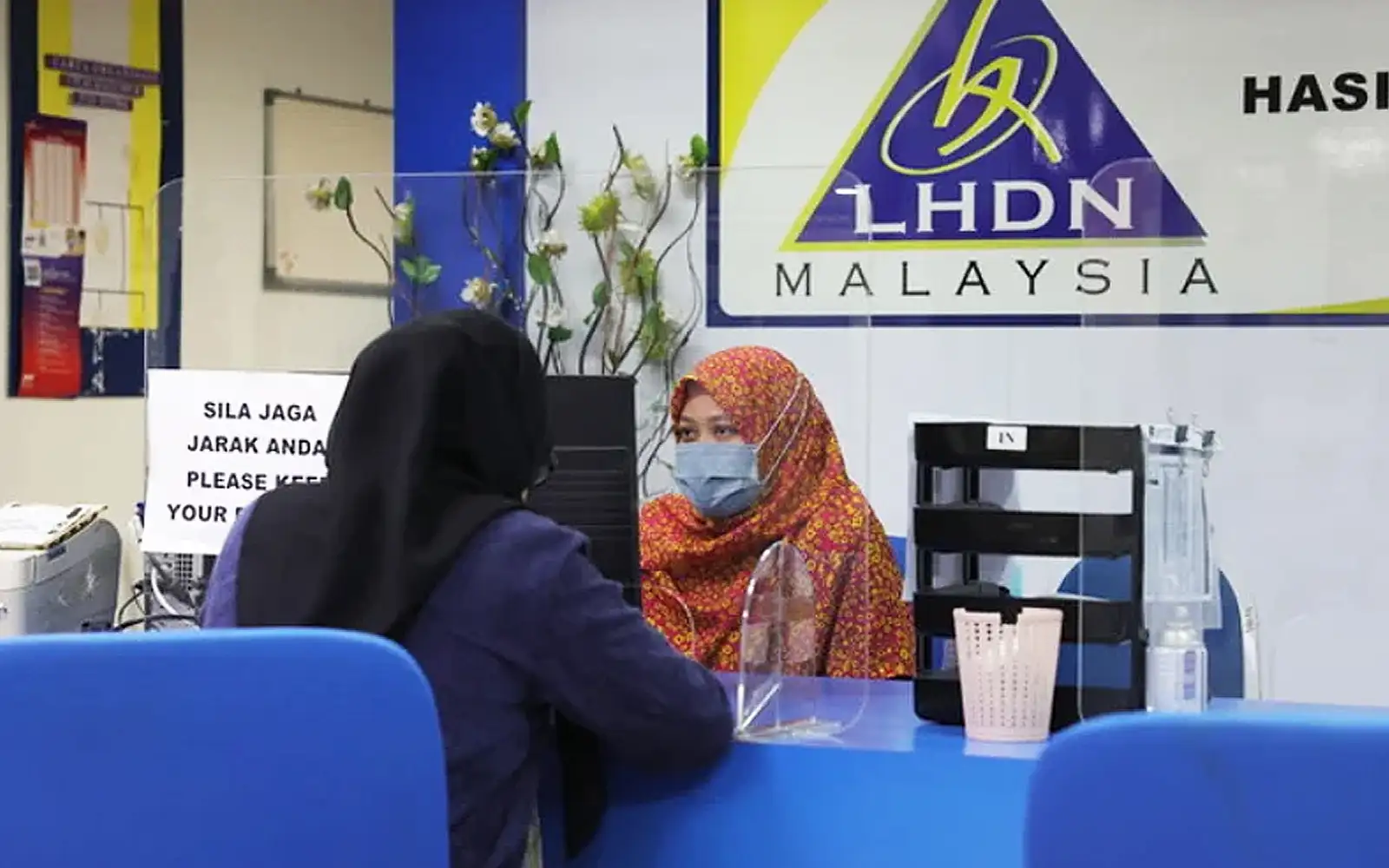
From Andrew Ewe
A credible tax system is built not only on laws and policies but on trust. When that trust is eroded, especially by recurring scandals involving public funds, even the best-designed reforms risk falling short.
In recent years, Malaysia has taken commendable steps to modernise its tax landscape. From the introduction of the Digital Services Tax in 2020, Taxation of Foreign Source Income, and the Capital Gains Tax to the ongoing implementation of e-Invoicing and the OECD’s Global Minimum Tax (Pillar Two) in 2025, there has been clear movement towards aligning with global best practices.
These efforts aim to close tax gaps, improve transparency, and ensure fair taxation in an increasingly digital and borderless economy.
The introduction of e-Invoicing, for instance, is a bold move towards real-time tax reporting and better audit trails. It is expected to enhance efficiency, reduce leakages, and curb underreporting, especially in the business-to-business (B2B) segment. This digital leap is a significant part of Malaysia’s broader tax reform agenda and is rightly positioned to support revenue collection and compliance.
Yet, beneath this progress lies a sobering contradiction. While the Inland Revenue Board (LHDN) enhances enforcement tools and expands its reach, public confidence in the management of national resources continues to erode.
The concern is not just about how much is being collected, but how wisely and honestly it is being spent.
It is an open secret that over the years, some individuals in positions of power have amassed wealth grossly disproportionate to their official incomes. These are not isolated cases. They reflect systemic weaknesses – failures in institutional oversight, gaps in public procurement governance, and often, a culture of impunity.
Grand corruption drains billions from the national purse, distorts policy priorities, and breeds deep cynicism among citizens. The average taxpayer is expected to comply – diligently reporting income, justifying deductions, and bearing the weight of penalties for errors or omissions.
Yet, they do so under a system where accountability at the top often appears selective or delayed. This breeds resentment and undermines voluntary compliance. Why should a salaried professional or a small business owner strive for perfect tax reporting, when it seems that those at the top can exploit the system with impunity?
Let us be clear: tax reform cannot be pursued in isolation from governance reform. A modern tax system cannot thrive in a setting where public resources are misused, oversight institutions are weakened, and political patronage shields wrongdoing.
This is not merely an ethical issue, it is a fiscal one. Every ringgit lost to corruption is a ringgit not spent on healthcare, education, infrastructure, or economic resilience. Every abuse of power undermines the integrity of the entire public finance ecosystem.
We, in the tax profession, often find ourselves caught between helping clients navigate an increasingly complex tax environment and witnessing first-hand how governance failures continue to drain the very resources taxpayers are told to provide.
While compliance and punitive rules can be enacted, the sad truth remains: integrity can never be legislated. It must be lived, especially by those entrusted with the public good.
Until then, even the most sophisticated tax reforms will fall short of their purpose.
As Malaysia moves into a new era of fiscal transparency and global tax cooperation, the challenge is not just technical, it is moral. Tax reform may fix the tap. But if the tank continues to leak, we are simply recycling failure.
Andrew Ewe is a tax consultant based in Penang and an FMT reader.
The views expressed are those of the writer and do not necessarily reflect those of FMT.






